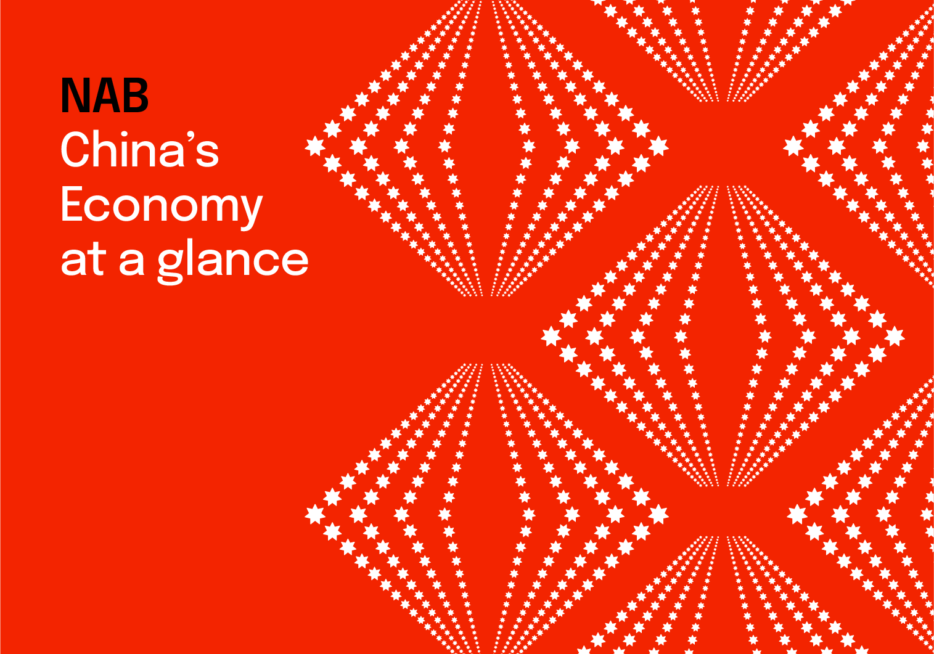China’s growth beat expectations in Q1, but big question marks around its sustainability

Insight
Nine months into an ambitious export program, Norco has been exporting between 4,500 to 25,000 litres of fresh Australian milk to China each week – commanding $7 to $9 a litre. CEO Brett Kelly explains how the dairy co-operative gained a foothold in this lucrative market.

Not that long ago, getting fresh milk into the hands of China’s affluent middle class consumers was little more than an ambitious idea for Australian dairy co-operative Norco.
But now the NSW farmer-owned co-op is celebrating more than nine months of sales into the giant market, and is aiming for the end of this year to reach approximately 50,000 litres of milk a week exported to China, selling for between $7 and $9 a litre.
Norco chief executive officer, Brett Kelly, says some of the potential sales figures being discussed are mind-boggling. “Some of the figures you get thrown at you are like telephone numbers,” he says.
Since the first trial shipment of just 4,300 litres of milk was flown to China in May last year, Kelly says sales have grown strongly with Norco now supplying up to 25,000 litres a week. The feedback from China is that consumers are embracing the opportunity to buy the high quality, premium product with its clean and safe credentials.
To meet the forecast growth, the co-op is now awaiting arrival of a new $2m filler machine that fills bottles and fastens screw caps on. It will have a capacity of 20 million litres a year.
“We’re nowhere near that sort of volume yet but we’re looking ahead to the next two, three, four years,” Kelly says. “We’ve been just steadily building on that trial amount. We’ve achieved a heck of a lot in a short time but we’re still being very cautious because it’s early days yet. We want to make sure we get the retail positioning right so we’re working very hard with a number of Chinese distributors to do that.”
The ability to launch into China follows Norco successfully overcoming lengthy testing and quarantine rules. Until April last year exporting fresh milk to the country was nearly impossible because it took 14 days – seven in Australia and seven in China. But year-long negotiations between Norco’s export partner PGS and Chinese officials resulted in the introduction of a parallel testing system. Now the milk is tested simultaneously in Australia and China, reducing the time from the farm to supermarket shelf to around eight days.
Kelly says being able to sell milk as a fresh product was crucial to Norco’s strategy. “Most of the milk sold in China is ESL, extended shelf life, and UHT, and our point of difference is that we’re actually selling 100 percent pure fresh milk which has a shelf life of about 18 days,” he says. “We have a niche position that no one else is really doing. But it was all about getting the timing right. Before [under the previous testing system] you’d only have about four days of shelf life left.”
Norco began investigating the possibility of Chinese exports around two years ago, prompted by the need to secure more channels for its dairy farmer members, many of whom were seeing falling prices impacting on the profitability and sustainability of their farms.
A surprise bonus for Norco has been increased domestic interest in its products as a result of media coverage of its China success. “The other side of it, and we never expected this, is that it’s been great for the brand here,” says Kelly. “The reaction of the media has been fantastic. I’ve been interviewed by the Wall Street Journal and other overseas media, and locally they’ve been terrific too. I think people are happy to see a small player, a 120-year-old Australian farmer-owned co-op, get a head start on something quite unique. All our brand sales in Australia have gone up substantially and I think it’s because of our heritage and the quality of the product.”
With Norco now focused on breaking into other Asian markets including Malaysia and Indonesia, Kelly believes Norco’s achievements in China has opened doors for other Australian agricultural businesses, much like the recent Free Trade Agreement signed with China will also deliver benefits.
Kelly’s advice to others in the industry looking to follow Norco’s footsteps is to plan carefully. “When you have a small business getting a foot in the door like this it encourages everyone else to take it seriously. But you have to really make sure you know your product and your customer and where you fit, what’s your point of difference, your competitive edge. Have a strategy and work to that strategy.”
More from NAB:
© National Australia Bank Limited. ABN 12 004 044 937 AFSL and Australian Credit Licence 230686.